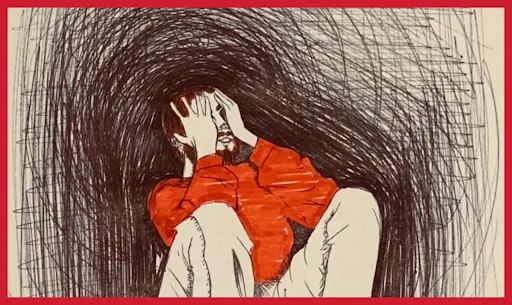A Man: The Hidden Struggles Behind a Smile
Being a man in today’s society is not easy. Men are expected to be strong, successful, responsible, and rational. They are supposed to provide for their families, excel in their careers, plan for their future, and protect their loved ones. They are also supposed to hide their emotions, avoid vulnerability, and cope with stress without seeking help.
But what happens when these expectations become too much to bear? What happens when men face challenges that threaten their sense of identity, security, and happiness? How do they deal with the pressure, the loneliness, the fear, and the pain?
Many men choose to put on a smile and pretend that everything is fine. They don’t want to burden others with their problems or appear weak or needy. They don’t want to admit that they need support or guidance. They don’t want to show their true feelings or ask for help.
But this strategy comes at a cost. By suppressing their emotions and ignoring their needs, men risk harming their mental and physical health. They may experience anxiety, depression, anger, or addiction. They may isolate themselves from their friends and family. They may lose their passion and purpose in life.
This is why we need to change the way we think about masculinity and manhood. We need to recognize that men are human beings who have feelings and needs just like anyone else. We need to encourage men to express themselves authentically and openly. We need to offer men compassion and empathy instead of judgment and criticism. We need to support men in seeking help when they need it and finding healthy ways to cope with stress.
We need to let men know that they are not alone in their struggles and that they deserve happiness and well-being. We need to let men know that they can be strong and vulnerable at the same time. We need to let men know that they can smile sincerely and not just as a mask.
Here are some facts and figures that illustrate the magnitude and impact of mental health issues among men:
- Around 20% of the world’s children and adolescents have a mental health condition, with suicide the second leading cause of death among 15-29-year-olds.
- One in eight men are diagnosed with a common mental illness such as depression, anxiety, panic disorder, or obsessive compulsive disorder.
- Men are three times more likely than women to die by suicide.
- Men are less likely than women to seek psychological help or use medication for their feelings.
- Men are more likely than women to go missing, sleep rough, or be imprisoned.
These statistics show that mental health is a serious and widespread issue that affects millions of men around the world. It also shows that there is a gap between the needs and the services available for men who struggle with mental health problems. We need to close this gap by raising awareness, reducing stigma, and improving access to care for men who need it.









